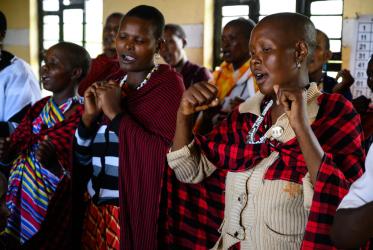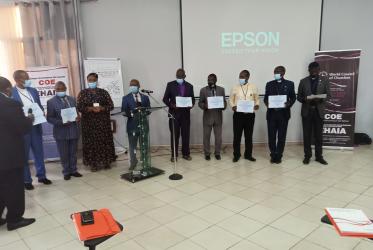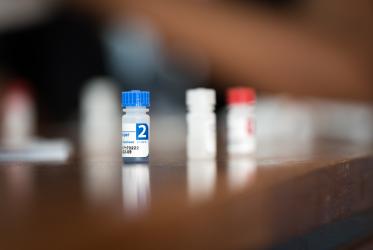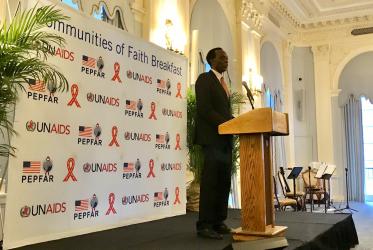Displaying 1 - 20 of 27
21 December 2023
WCC mourns passing of Hendrew Lusey-Gekawaku
23 October 2020
Zambia: “On HIV, we do not compete. We work together.”
20 October 2016
Kenya: Voice of faith communities crucial in overcoming HIV
14 October 2016














